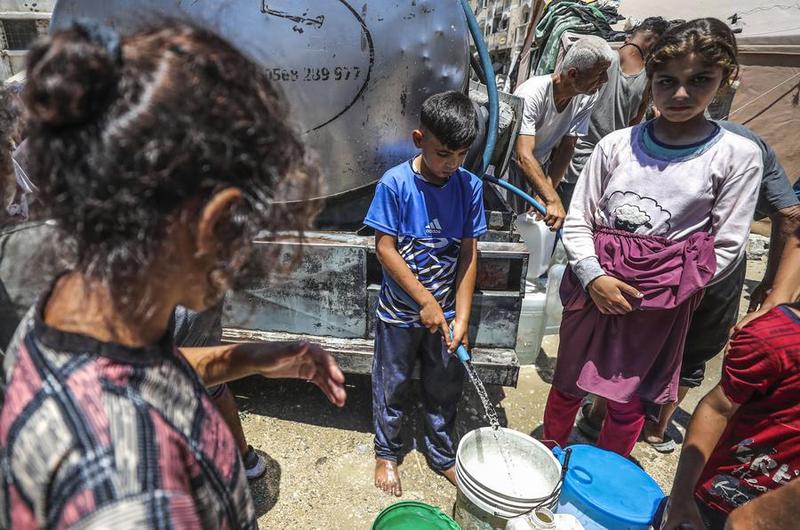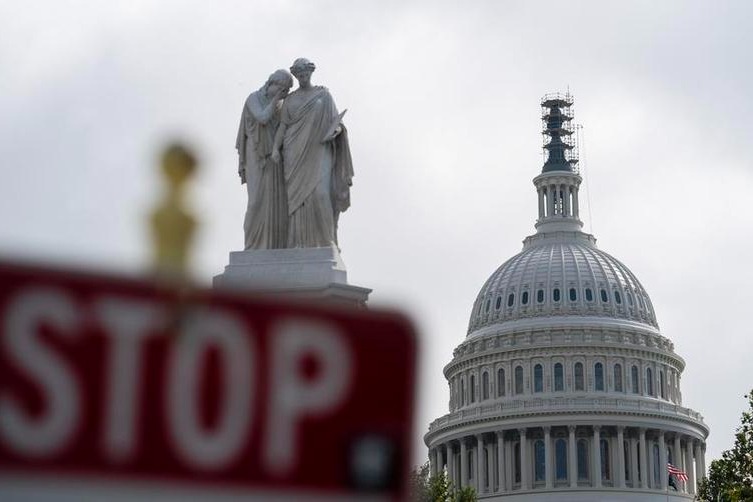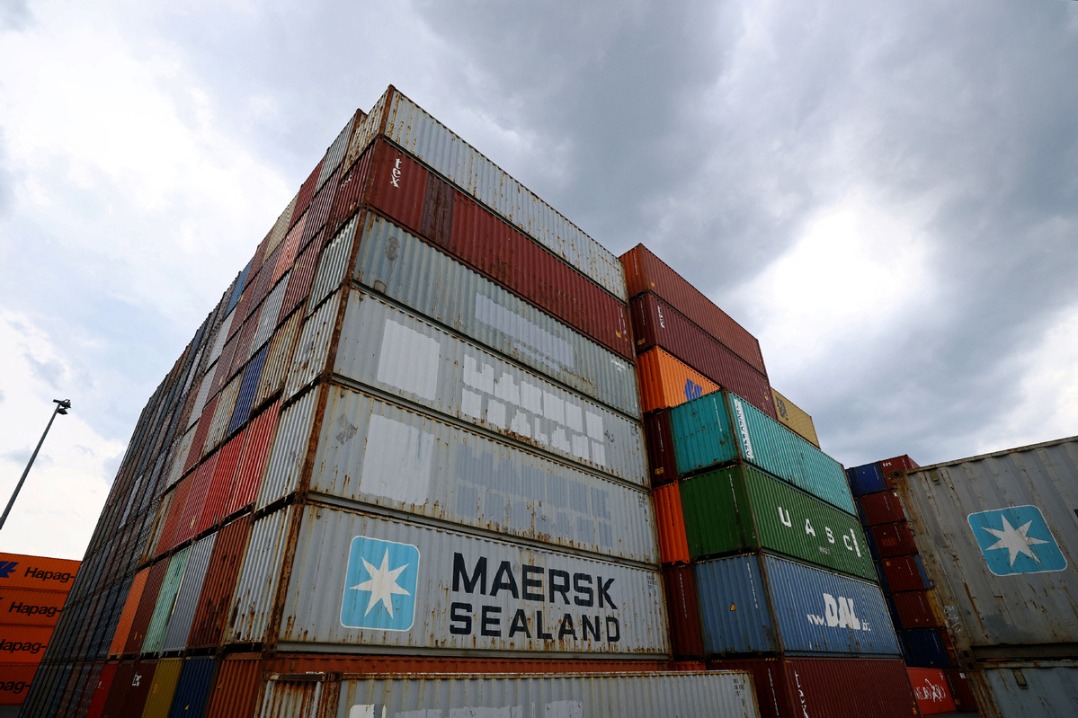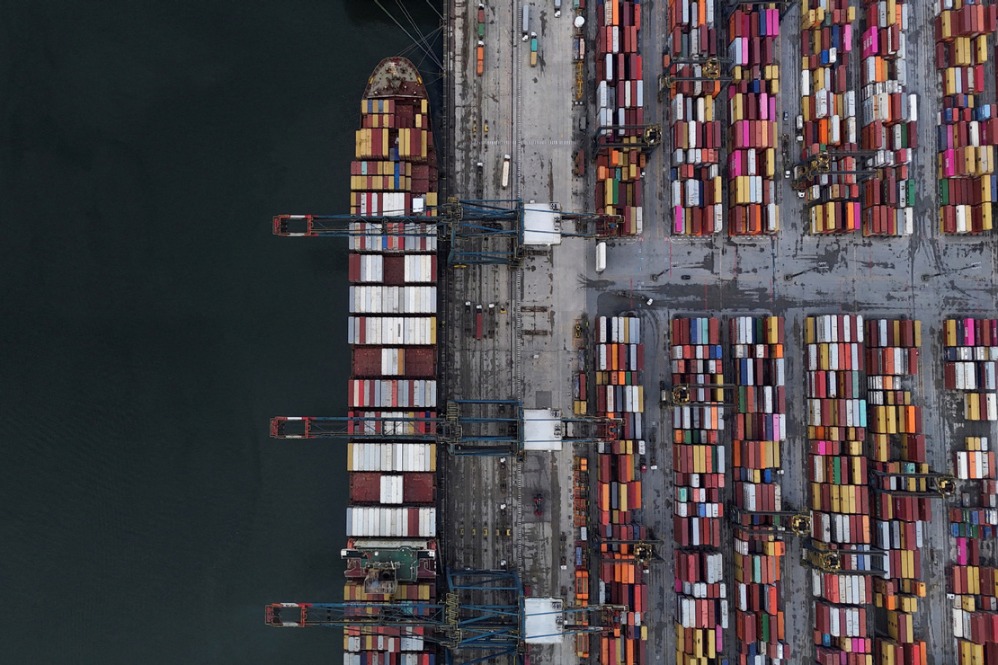WHO calls on countries to take in Gaza patients


The World Health Organization has called on more countries to treat patients from the Gaza Strip after the medical evacuation of a group of patients – most of them children – to Jordan.
The WHO also renewed its call for the expansion of medical corridors, including the full resumption of the traditional referral pathway to hospitals in the West Bank and East Jerusalem, which existed before the conflict escalated.
In a post on X on July 16, WHO Director-General Tedros Adhanom Ghebreyesus said his agency led the medical evacuation of 35 patients, mostly children, from Gaza to Jordan and were accompanied by 72 family members.
"We are grateful to the government of Jordan for its continued support and for providing specialized care to critically ill patients. More than 10,000 people in Gaza still need medical evacuation," Ghebreyesus said.
"We urge more countries to step forward to accept patients for medical evacuations - lives depend on it. There are many more waiting," he added.
Meanwhile, at least 18 Palestinians were killed in Israeli attacks across Gaza since dawn on Thursday, with 13 of them were killed in Gaza City, Al Jazeera reported, citing medical sources.
In a post on X, the United Nations Relief and Works Agency for Palestine Refugees in the Near East said older people, people with disabilities and children are "disproportionately impacted by the ongoing war" and called for an immediate ceasefire "also for the most vulnerable".
"The collapse of essential services and protection mechanisms has left them at heightened risk," the post said.
According to relief agency's protection analysis update in July, over 35,000 people are believed to have significant hearing damage due to explosions and over 83 percent of people with disabilities have lost their assistive devices while 80 percent of older persons are in urgent need of medication or medical supplies.
The local health ministry in Gaza has announced "trucks carrying medical supplies and vaccinations for children" were scheduled to arrive at hospitals in the enclave, Al Jazeera reported.
It said the shipments were being facilitated through the WHO and UNICEF and "they do not contain any food items". It also called on all "concerned parties" to "make every effort to protect the convoy" and "enable their safe arrival to hospitals".
In his briefing to the UN Security Council on the humanitarian situation in the Middle East on July 16, UN Under-Secretary-General for Humanitarian Affairs and Emergency Relief Coordinator Tom Fletcher said Israel "must be held to the same principles and laws of all other states" concerning the protection of civilians".
"States and armed groups must uphold the rules – forged because of the horrors of conflict and hatred – that protect civilians in war. Today, across the world, we watch these rules being corroded and degraded," Fletcher said.
"Again, it is of course for you to decide how you act to ensure that all parties respect international humanitarian law," he added.


































